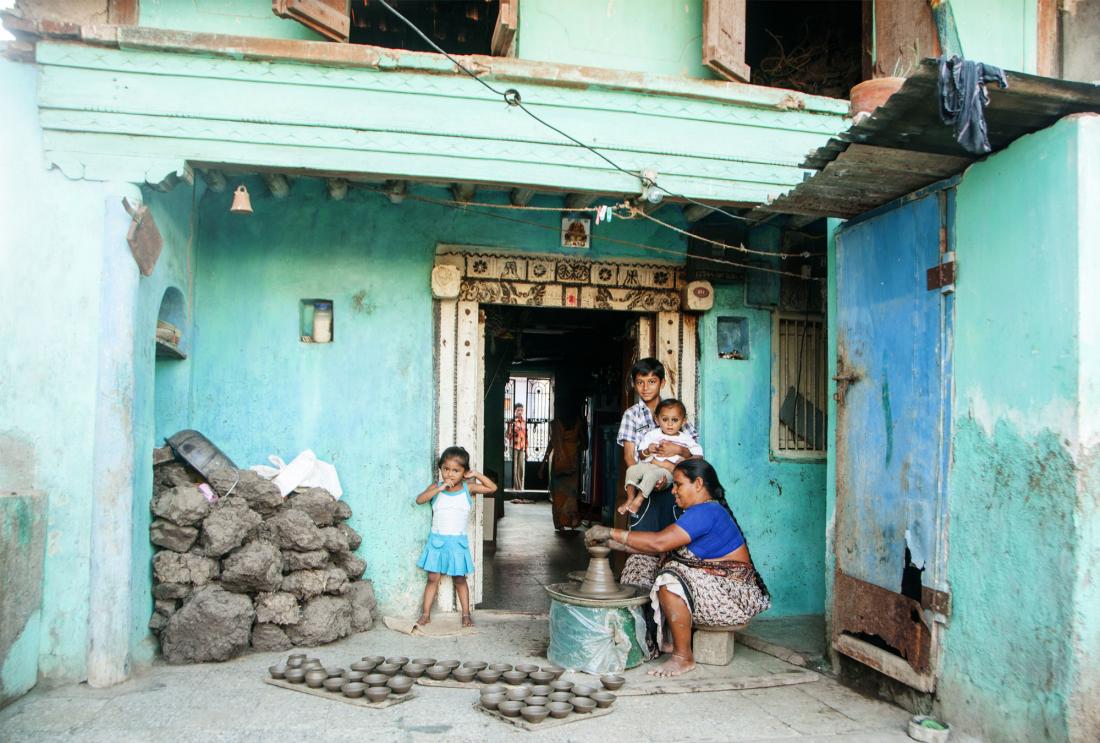Effect of Financial Literacy on Personal Financial Decision-Making in Gujarat, India
- Urban population
- Savings/deposits
- Take-up of program/social service/healthy behavior
- Financial literacy
- Training
- Monetary incentives
Policy issue
Intuition, theory and empirical evidence suggest that access to and use of financial services, such as savings or investment mechanisms and insurance, can improve individual welfare by increasing the stability of consumption. Yet a large body of evidence documents that many individuals fail to make use of the financial instruments available to them, or that they systematically make sub-optimal use of financial products on account of psychological or behavioral biases. A probable cause for the failure to use financial services effectively, or at all, is that individuals do not fully understand such products. If so, financial literacy training may be an effective way to encourage more, and more beneficial, use of financial services.
Context of the evaluation
India, and the state of Gujarat in particular, has one of the fastest growing economies, and much of Gujarat’s workforce demand to support industrial growth is met by labor from other Indian states. As a preferred destination for labor migrants, cities in Gujarat have urbanized rapidly, leading to the rapid growth of slum populations that consist largely of migrants who are dependent on informal employment arrangements to meet their financial needs.

Details of the intervention
Researchers conducted a randomized evaluation designed to assess the impact of financial literacy training on the use of financial services and other individual financial decisions among slum-dwellers in Gujarat. The partner organization, Saath is a local microfinance institution based in Ahmedabad, which provides health education, livelihood training, microfinance and other programs in slum communities.
The study includes about 1,000 existing clients of Saath, many of whom operate small enterprises in Gujarat. One group was randomly selected to participate in a video-based financial literacy training course (covering savings, borrowing, other personal finance issues and small business operation), while the remaining clients compose the comparison group. This design allows researchers to measure the impact of financial literacy training on savings and borrowing decisions (both as part of the formal and informal sector) and on the profits, revenues and operations of small enterprises.
Results and policy lessons
Results forthcoming.
